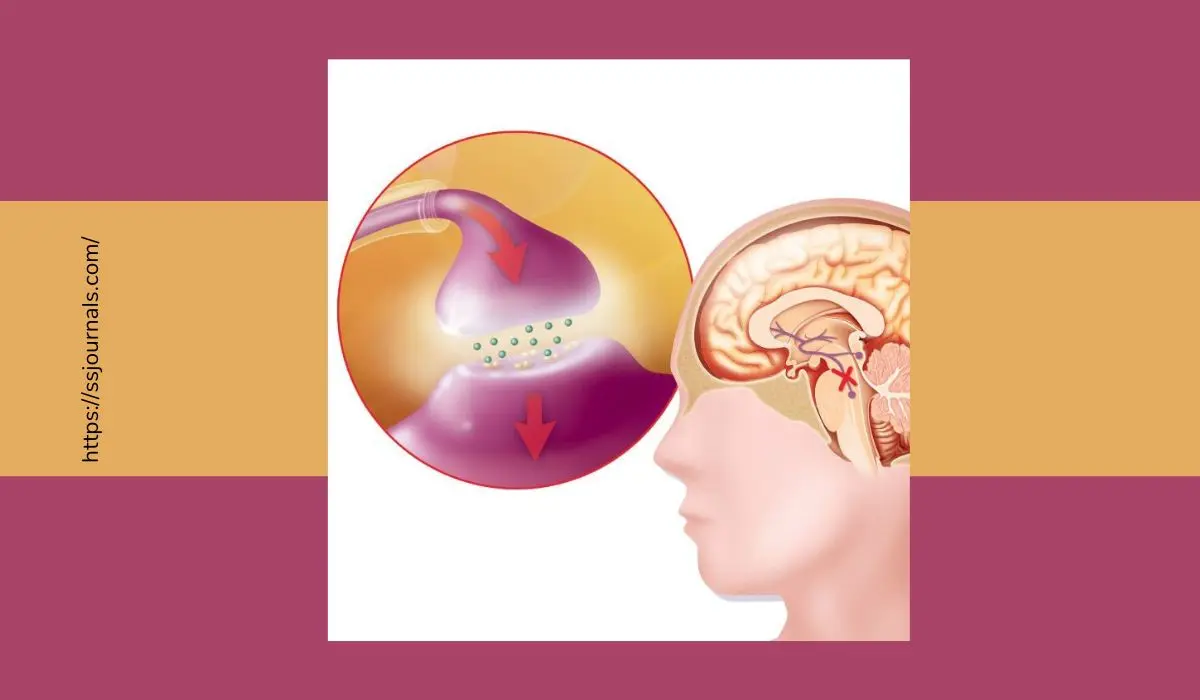Attention deficit hyperactivity disorder (ADHD) is believed to stem largely from low dopamine signaling in the brain. Boosting dopamine through natural methods may help manage ADHD symptoms like inattention, hyperactivity, and impulsivity alongside standard treatments.
The Role Of Dopamine In ADHD
ADHD is a common neurodevelopmental disorder estimated to affect around 9.4% of children and 4.4% of adults. The hallmark symptoms include difficulty sustaining focus, hyperactive behavior, and impulsive actions.

These symptoms are attributed primarily to deficiencies in dopamine and norepinephrine, two catecholamine neurotransmitters. Dopamine is especially critical for the prefrontal cortex brain region that governs attention, inhibition, organization, and regulating emotions.
While medications that increase dopamine like stimulants are first-line ADHD treatments, non-pharmacologic dopamine-boosting strategies also show promise as complementary therapies for taming symptoms.
How Medications Increase Dopamine In ADHD?
Prescription stimulants are effective at enhancing dopamine signaling for many with ADHD:
- Methylphenidate (Ritalin) inhibits the reuptake of dopamine and norepinephrine.
- Amphetamine salts (Adderall) trigger the release of catecholamine neurotransmitters including dopamine.
- Atomoxetine (Strattera) inhibits norepinephrine transporters to prolong dopamine effects.
However, concerns like side effects, poor medication adherence, and stimulant misuse warrant exploring additional dopamine-enhancing options alongside medications.
Lifestyle Changes That May Increase Dopamine
Certain lifestyle habits influence dopamine levels and may potentially help manage ADHD symptoms:
➜ Get More Exercise
– Aerobic exercise stimulates the release of dopamine and related neurotransmitters.
– Just 20-30 minutes daily may boost focus, concentration, and impulse control.
➜ Follow a “Clean” Diet
– Refined carbs, saturated fats, and artificial ingredients may exacerbate ADHD.
– A whole foods diet regulates glucose and insulin to support optimal dopamine function.
➜ Increase Protein Intake
– Amino acid tyrosine found in protein foods is needed to produce dopamine.
– Eggs, meat, dairy, nuts, and beans increase tyrosine intake.
➜ Reduce Inflammation
– Chronic inflammation may damage dopamine receptors and transporters.
– An anti-inflammatory diet high in omega-3s may prevent low-grade inflammation.
➜ Improve Gut Microbiome
– Gut-brain interaction affects mental health. Prebiotics and probiotics balance bacteria linked to dopamine production.
➜ De-stress with Yoga, Meditation
– Chronic stress elevates cortisol and inflammatory cytokines that may impair dopamine function.
– Relaxation techniques like meditation, yoga, or tai chi help reduce stress.
– Massage and acupuncture also decrease inflammatory stress markers.
➜ Get More Quality Sleep
– Lack of sleep disturbs neurotransmitter balance and may reduce dopamine receptor sensitivity.
– Good sleep hygiene normalizes sleep-wake cycles tied to daily fluctuations in dopamine levels.
Can Supplements Increase Dopamine?
Certain nutritional supplements may support healthy dopamine levels. Always consult a doctor before starting supplements:
➜ L-Tyrosine
– Amino acid precursor of dopamine that may increase synthesis.
– Doses of 500-1500 mg daily may improve ADHD symptoms, but more study is needed.
➜ L-Theanine
– Amino acid found in green tea that may boost dopamine.
– Appears to increase dopamine and alpha waves in the brain that support attention.
➜ Omega-3s
– May protect dopamine pathways and receptor sites from inflammatory damage.
– Fish oil, flaxseed oil, and DHA supplements increase anti-inflammatory omega-3 intake.
➜ Vitamin D
– Higher vitamin D levels are associated with dopamine synthesis.
– D3 supplementation shown to boost the tyrosine hydroxylase enzyme involved in dopamine production.
➜ Ginkgo Biloba
– Antioxidant properties may prevent oxidative damage to dopamine neurons.
– May also increase blood flow and glucose utilization for better cognition.
➜ Rhodiola Rosea
– Adaptogenic herb thought to inhibit the breakdown of dopamine.
– May improve attention, mood, and mental endurance.
➜ Choline
– Precursor for acetylcholine that cooperates with dopamine pathways.
– May support focus, memory, and learning ability. Found in eggs, meat, and nuts.
➜ SAM-e
– Supports methylation processes involved in dopamine synthesis and metabolism.
– Improves ADHD symptoms in some studies, but more evidence is needed.
Remember to always check with your prescribing doctor before taking any dopamine-modulating supplements to ensure safety and avoid negative interactions with ADHD medications.
When To See A Doctor About Natural Dopamine Treatments?
Discuss exploring dopamine-enhancing supplements, foods, activities, or mind-body therapies if:
– Your or your child’s ADHD symptoms persist despite standard treatments
– You wish to try lowering or discontinuing ADHD prescription medication
– You are experiencing medication side effects like sleep problems, anxiety, irritability or loss of appetite
– You have concerns about ADHD medication dependence or abuse potential
A doctor can help determine which natural dopamine-boosting options are appropriate and safe to incorporate alongside traditional ADHD treatments.
Conclusion
Increasing dopamine naturally through a brain-friendly diet, regular exercise, stress and inflammation reduction, targeted supplements, and activities like biofeedback show promise for helping manage ADHD.
While not definitive cures, these science-based complementary approaches are worthy of consideration and discussion with your doctor if ADHD symptoms are not fully controlled with standard treatment.
Monitoring progress if making changes to ADHD management is key. With an integrative treatment approach, dopamine levels and ADHD symptoms may be optimized.
FAQs
There are no instant ways to significantly increase dopamine long-term. However, aerobic exercise provides a temporary surge in dopamine levels that may briefly boost concentration. Prescription ADHD medications also increase dopamine rapidly.
For ADHD, L-tyrosine shows the most promise thus far, but requires further study. Rhodiola rosea, vitamin D, omega-3s, and choline supplements may also support healthy dopamine function. Always discuss supplement use with your prescribing doctor.
The herb Rhodiola rosea has shown potential to aid dopamine activity and ADHD symptoms like inattention and restlessness in early research. More study is underway on Rhodiola for ADHD treatment.
Genetic factors that reduce dopamine receptor production or activity levels play a key role. Traumatic brain injury, Alzheimer’s disease, chronic stress, obesity, poor gut health, and normal aging can also impair optimal dopamine signaling.
No, dopamine levels cannot be directly measured through standard blood tests. However, plasma homovanillic acid (pHVA) can be tested as an indicator of dopamine turnover. Your doctor can explain the limitations of currently available dopamine lab testing options.

